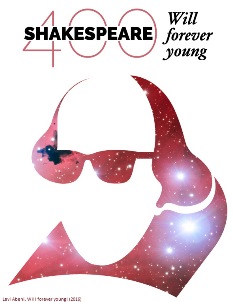Shakespeare in the “Gangsta’s Paradise”. Akala and the empowering potential of the Bard’s poetry
DOI:
https://doi.org/10.13130/2035-7680/9182Parole chiave:
Shakespeare, Akala, Rap, Popular culture, Elizabethan literature, Hip-HopAbstract
This article examines the work of British rapper Akala from the viewpoint of literary theory and literature as a social practice, discussing to what extent Shakespeare's work can inspire unprivileged audiences in meaningful new ways. Born Kingslee James Daley, Akala's work is rooted in his Afro-Caribbean background, drama, and the black hip-hop culture of the 1990s. Having founded his independent music label in 2003, in his breakthrough single "Shakespeare" (2006) Akala invited his audience to challenge stereotypical assumptions on hip-hop and rap, provocatively defining himself "like Shakespeare with a nigger twist". Inspired by a freestyle challenge, the pastiche "Comedy Tragedy History" (2007) further appropriates the Shakespearean legacy, dispelling canonical distinctions between high and low culture. After mapping Akala's ideas on music and poetry, this article explores his reworking of Shakespearean texts in the context of Todorov's argument on the plasticity of literary genres, with a specific focus on Akala's appropriation of Shakespeare's language. It then argues that Akala's appropriation strategies also surface in the activity of The Hip-Hop Shakespeare Company, discussing Akala's workshop at Milan's Juvenile Detention Centre Cesare Beccaria as a case study. As a last point, the article purports to re-contextualise the role of classic literature in contemporary society in the wake of such thinkers as Bourdieu and Nussbaum.




